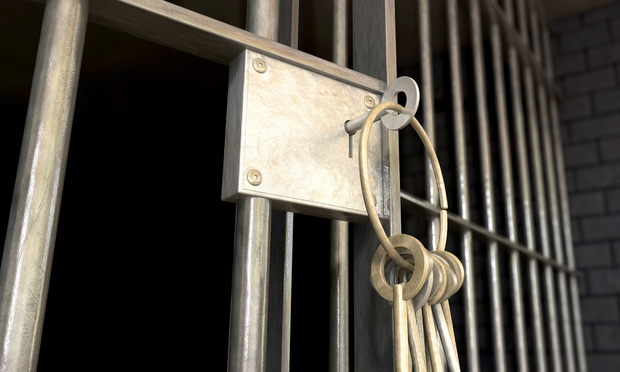Joe (not his real name) struggles with opioid use disorder. Last year, Joe entered medication-assisted treatment and finally obtained regular work as an electrician. Joe supports a family of three. When the pandemic hit, he was no longer able to attend in-person treatment meetings and struggled to get access to his medication. In May, Joe was arrested for simple drug possession. Bail was set at release on recognizance. Joe should have been released upon his signature; he should have been able to return to work, treatment, and his family. Joe, however, is incarcerated because he is on probation. In this county, for those on probation, every new arrest comes with an automatic detainer—a hold lodged by a probation official or judge that keeps people incarcerated. This detainer overrides the bail determination and will keep Joe in custody for months, perhaps years, while he awaits the outcome of his open case. Joe fears that by the time he is released he will no longer have his job, his home or access to his children.
Does the law allow this? Unfortunately, the Rules of Criminal Procedure pertaining to probation violations do not prohibit the automatic jailing of people charged with a violation and do not require a timely investigation into whether they should be detained. For the past three years, ACLU of Pennsylvania staff have spoken to dozens of people incarcerated in county jails across the commonwealth. We have heard many stories like Joe’s, stories of people held for months away from their homes and families awaiting probation and parole hearings.


 Shutterstock image
Shutterstock image




